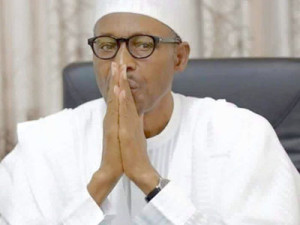
Nigeria’s total debt rose to N19.15 trillion ($62.91 billion) at the end of March 2017, from N17.36 trillion at the end of last year, the Debt Management Office said on Monday.
Africa’s biggest economy, which slipped into recession last year for the first time in 25 years, raised $1 billion in February and $500 million in March from Eurobond sales.
The government intends to use the money raised to plug its budget deficit and fund infrastructure development.
The record N7.44 trillion 2017 budget was passed by lawmakers last month but is yet to be signed into law by the presidency.
The government planned to spend N6.1 trillion last year as part of its bid to increase capital expenditure, but struggled to fund its budget. The 2017 plan projects a deficit of 2.21 trillion naira, implying a deficit equivalent to 2.18 percent of Nigerian GDP.
The external component of Nigeria’s debt stood at $13.8 billion at the end of the first quarter, against $11.40 billion at the end of December, the debt office said on its website.
Local debt fell to N11.97 trillion, against N13.88 trillion last year.